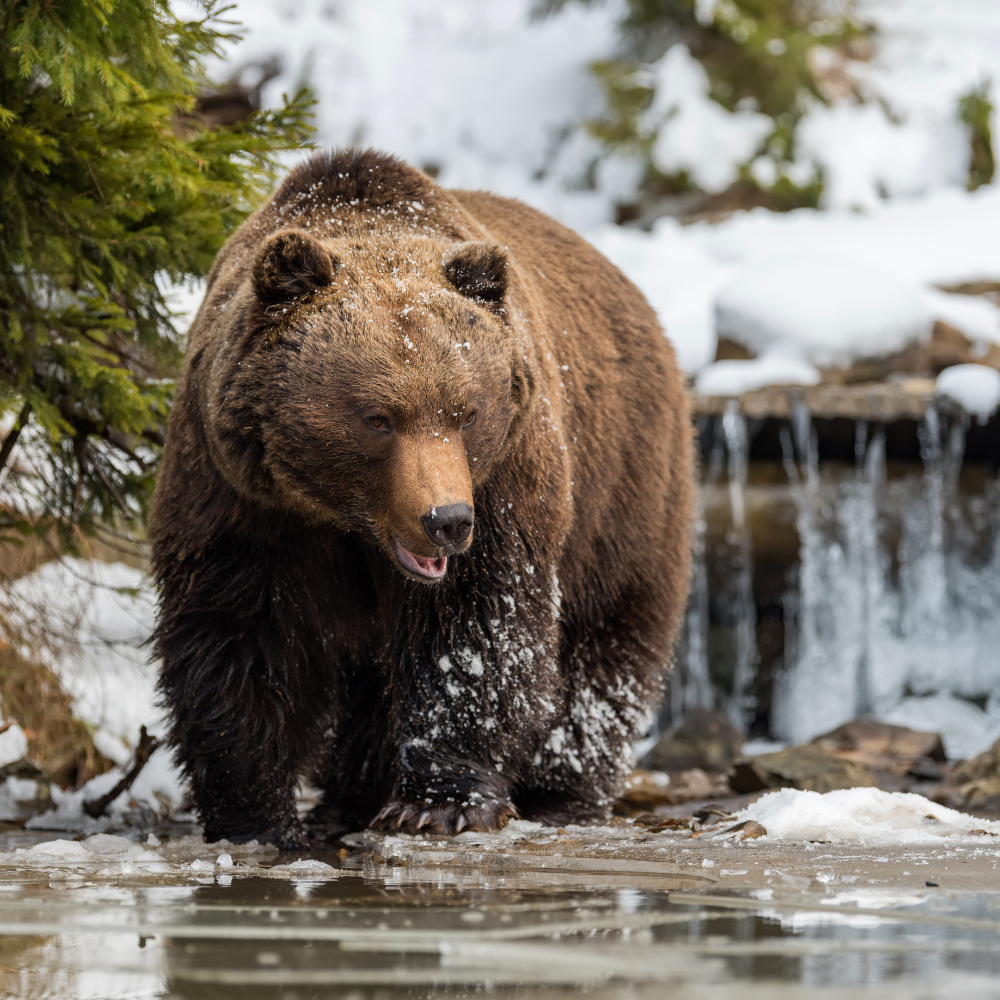
In addition to whale meat, snails in a can, and edible insects, vending machines in Japan now provide wild bear meat. It offers fresh bear meat to its wide and eclectic collection of vending machines, which has become an unexpected hit.
After its installation at the end of last year, the machine in the northern prefecture of Akita has reportedly attracted a steady stream of customers. The vending machines in Semboku city sell several cuts of local black bear.
According to Mainichi Shimbun, 250g of fatty or lean meat can be purchased for approximately 2,200 yen ($17; £13). Asiatic black bears are classified as globally endangered. Japan claims it restricts the amount of animals that can be hunted.
The vending machine in Semboku, northern Akita Prefecture, purportedly distributes 10 to 15 packs every week of meat from bears slain by local hunters in adjacent mountains. If the hunting season is lean, it runs out of stock. Japan has the biggest number of vending machines per capita in the world, with machines practically everywhere, from small alleys to isolated towns. In the 1960s, jihanki, also known as jidou hanbaiki or jihanki, gained popularity in Japan.
They are an integral part of the culture of convenience stores in Japan, and their sheer volume and variety can be overwhelming. In January, an unattended store in the port city of Yokohama near Tokyo installed three vending machines selling various types of whale meat for as cheap as 1,000 yen.
The vending machine providing ursine alternatives in Semboku is located at the entrance to Tazawako station, where the renowned Shinkansen and other trains stop. The majority of those who purchase the beef arrive via bullet train. Bears may be shot and killed by licensed hunters in Japan, but as the flesh is considered a delicacy, it is not served in the average Tokyo restaurant. Yet, since the bear meat vending machine was installed in November of last year, its operators report queries from the Kanto region surrounding Tokyo.
The flavor of bear meat is unadulterated, and it does not turn chewy when chilled. Spokesperson of Soba Goro informed the Mainichi that it may be served in a variety of ways, ranging from stew to steaks. In recent years, according to experts, a greater number of bears have migrated from forests to towns due to food shortages. They note that Japan's diminishing human population, particularly in rural areas, has also played a role; the creatures are attracted to sparsely populated places and pose a threat to inhabitants. Between April and September 2022, five bear attacks were reported in the northern Miyagi Prefecture, resulting in seven injuries.
It was the highest number of attacks since records began being kept by the prefectural government in 2001. In the previous seven years, the environment ministry estimates that between 3,000 and 7,000 bears have been killed due to an increase in human-bear incidents.
The government limits the number of black bears that can be hunted to 12 percent of their projected population, which is approximately 15,000 animals.



